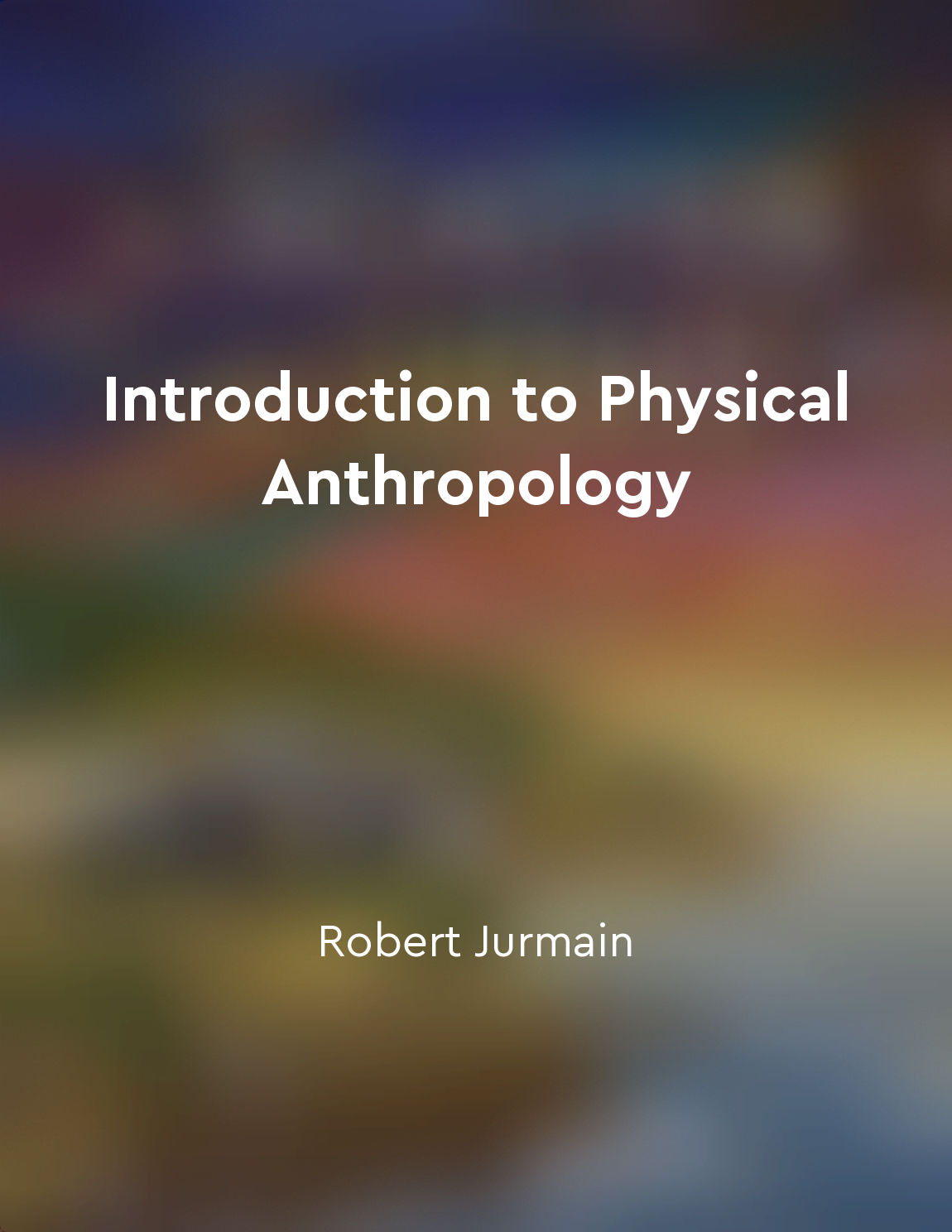Division of labor enhances societal productivity from "summary" of Guns, Germs, and Steel: The Fates of Human Societies (20th Anniversary Edition) by Jared Diamond
The specialization of work allows individuals to develop particular skills and knowledge in a specific area. This expertise leads to increased efficiency and productivity within a society. For example, in a hunter-gatherer society, individuals may have to spend time hunting, gathering, and performing other essential tasks. However, with the division of labor, individuals can focus on a specific task, such as hunting or farming, leading to greater proficiency in that particular area. The increased productivity resulting from specialization enables societies to produce more goods and services. This surplus allows for trade and the development of complex economic systems. For instance, individuals who specialize in farming can produce more food than they need, which can be traded for other goods or services. This exchange of goods leads to the development of markets and the growth of economies. Moreover, the division of labor encourages innovation and technological advancements. When individuals focus on specific tasks, they are more likely to develop new techniques or tools to improve their productivity. This continuous innovation drives societal progress and development. For example, individuals specializing in metalworking may invent new tools or weapons that benefit the entire society. Furthermore, the specialization of work fosters interdependence among individuals within a society. Each person relies on others to provide goods and services that they are not capable of producing themselves. This interdependence promotes social cohesion and cooperation. For instance, individuals specializing in healthcare rely on farmers to produce food, while farmers depend on healthcare professionals for medical assistance. This interconnectedness strengthens social bonds and enhances societal resilience.- The division of labor plays a crucial role in enhancing societal productivity. By allowing individuals to specialize in specific tasks, societies can increase efficiency, produce surplus goods, encourage innovation, and promote social cohesion. This concept has been instrumental in the development of human societies and continues to shape our modern world.
Similar Posts
The financial crisis of 2008 revealed weaknesses in the system
The global financial crisis of 2008 was a watershed moment that shook the foundations of the economic system. It exposed deep-s...
Macroeconomics studies economywide phenomena
Macroeconomics is the branch of economics that deals with the overall performance of the economy. It focuses on economy-wide ph...

The concept of race is a social construct with no biological basis
Race is a concept that has been deeply ingrained in society for centuries. It is often used to categorize and differentiate peo...
Growth theory offers insights for policymakers seeking to promote sustainable economic development
Growth theory provides a framework for understanding the factors that drive economic growth over time. By analyzing the key det...
The concept of heredity and its implications
The concept of heredity is one of great importance in understanding the nature of living organisms. It is through heredity that...
Purposedriven leaders inspire and motivate their teams to achieve greatness
Purposedriven leaders are like beacons of light, guiding their teams towards a shared vision of greatness. They possess a deep ...
Race and ethnicity impact opportunities
The opportunities available to individuals are not solely determined by their individual qualities or efforts. Race and ethnici...
Reciprocity and trust are essential components of social capital
Reciprocity and trust lie at the heart of social capital. This concept encompasses the connections between individuals in a com...
Institutions and property rights are crucial for growth
Institutions and property rights play a crucial role in fostering economic growth. Without clear property rights, individuals l...

